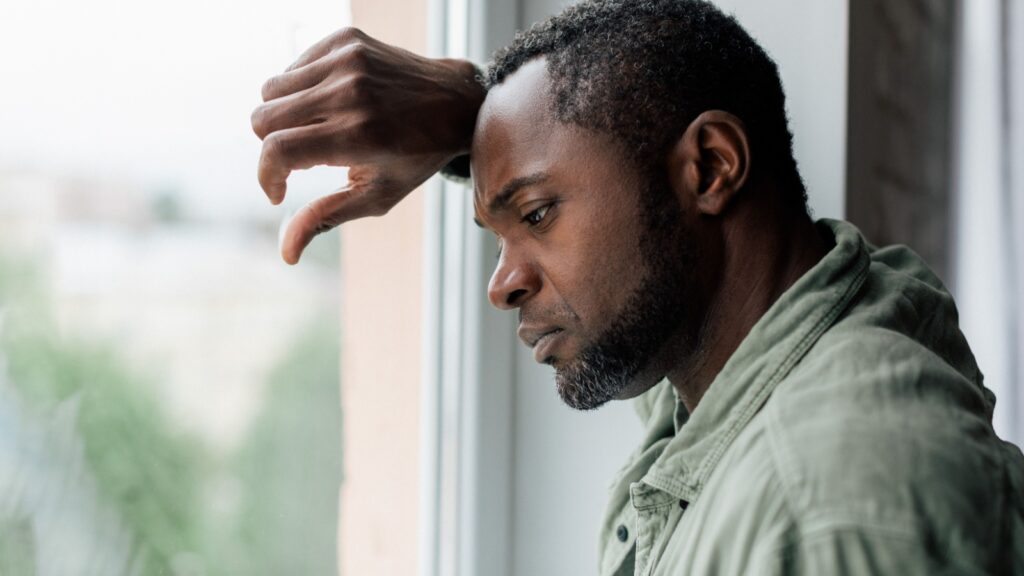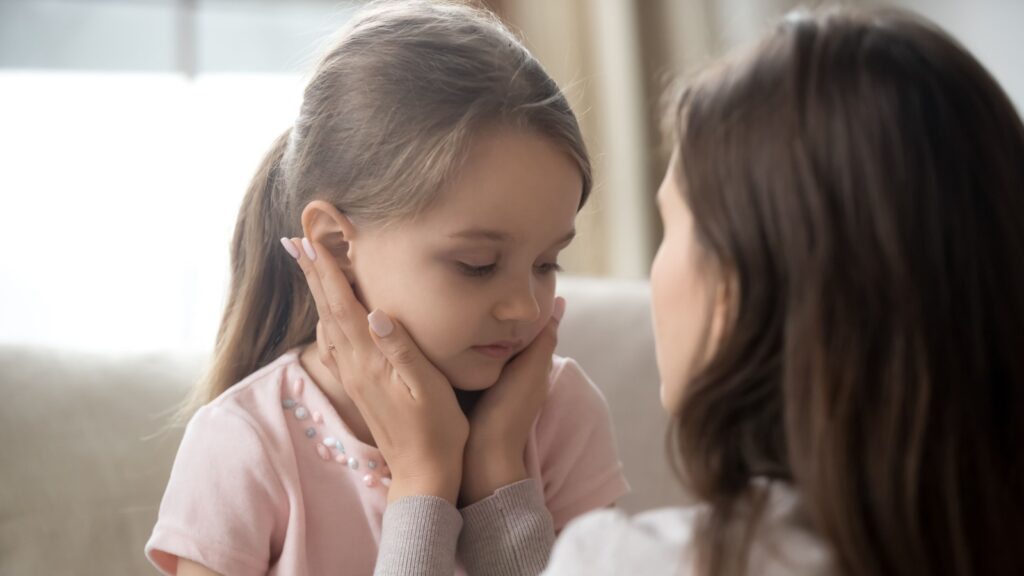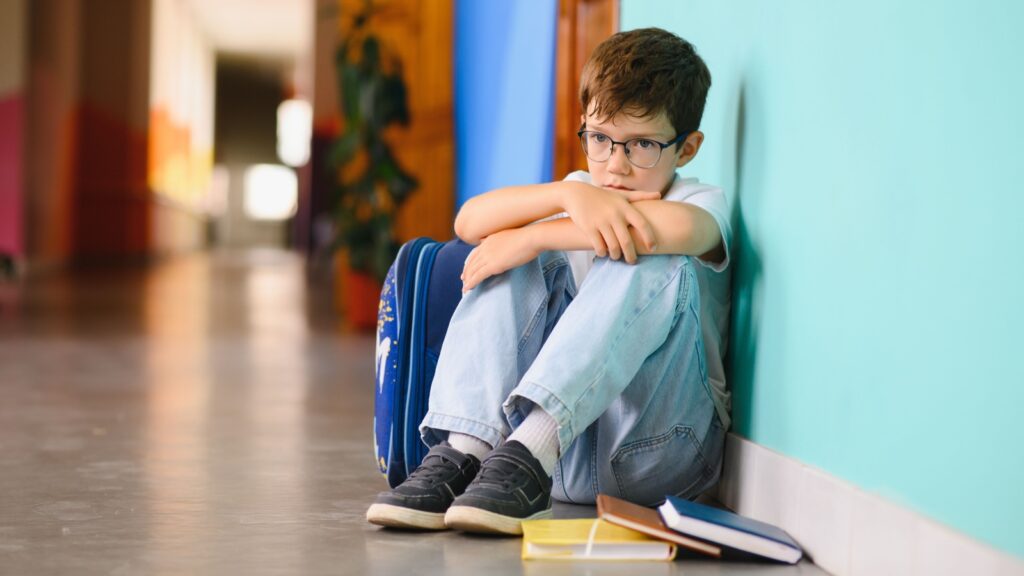Bullying does not end when the school bell rings or when you grow out of your teenage years. It hangs on like smoke—invisible, intangible, yet intensely choking. Its long-term consequences? They show up in therapy sessions, awkward relationships, and the brutal inner voice you can’t shut off.
If you have ever asked yourself why that particular person reacts the way they do or feel a certain way—this might explain everything. Here are 16 signs bullying may still be running the show in adult life.
Trust Issues That Run Deep

If a person is having a struggle trusting others, even friends or family, bullying is likely to be blamed. Emotional scars of feeling hurt, ridiculed, or abandoned can make it almost impossible to trust. It isn’t a matter of having a “wall up” – it is emotional survival.
Social Anxiety That Won’t Go Away

Being humiliated or isolated can lead to social anxiety that does not just go away. As adults, bullied people might fear judgment or exclusion in social settings and find it difficult to connect or keep in touch. The fear of being ridiculed is deeply rooted.
Overcompensating in Relationships

People who were once bullied may try too hard to please others, fearing rejection or that they are not worthy. They may overcompensate by being overly accommodating, going the extra mile to prove their worthiness in relationships— often at the expense of their own needs.
Always Chasing Approval

It’s draining, though it is true. Bullying makes a person feel constantly in pursuit of validation by others. No praise or appreciation is ever going to be enough. It’s a void that continues to need to be replenished, and nothing satisfies it for long.
Impostor Syndrome Hits Home

Even if they are highly successful, victims of bullying tend to experience impostor syndrome. They feel as though they are never worthy of their success or their happiness, believing that eventually, someone will catch them in their lie and reveal them as the impostors that they perceive themselves to be.
Feeling Suspicious of Compliments

When praised, the initial response isn’t thanks—it’s distrust. Are you kidding me? Is this sarcasm? Decades of backhanded praise and harsh jokes make it almost impossible to accept a compliment without questioning the intent.
Emotional Numbness or Detachment

For individuals exposed to repeated bullying, numbness of emotion can develop as a form of self-protection. It is a coping mechanism—shutting off rather than facing the pain. The walls go up, and deep feelings become harder to access.
Low Self-Esteem That Doesn’t Heal

Low self-esteem is perhaps the strongest and longest-lasting consequence of bullying. Verbal, emotional, and occasional physical assaults shatter one’s confidence and one’s sense of self-value, and it takes years to regain that confidence. It’s a daily uphill climb, and there are days when it’s one step forward and two back.
Perfectionism As a Defense Mechanism

A way of evading victimization in the future is by attempting to be perfect—be it in business, appearance, or social life. It can be a lasting consequence of bullying, where individuals feel that in their endeavor to be acceptable, they have to be perfect and that any imperfection is a failure.
Shrinking Themselves in Social Situations

They remain silent, keep a low profile, and fade away—not shy, exactly, but having learned that visibility usually translates to vulnerability. It is not that they lack confidence—it is that they protect themselves.
Accepting Toxic Relationships as Norm

People who were bullied sometimes gravitate toward abusive partners or friends. Emotional abuse, control, or verbal abuse may feel familiar—because they were taught as children that love hurts, and that caring entails criticizing.
Apologizing for Literally Everything

Bullied children tend to end up as adults apologizing for existing. They will say sorry when someone else is wrong or when agreeing to meet a fundamental need. It is not that it is polite—it is a post-traumatic response, one developed over years of having learned that they were a burden.
Ongoing Body Image Issue

Even as adults, many of them harbor an internalized hatred of their appearance. Teasing and body shaming are not forgotten—they reverberate loudly. No matter how much they change externally, the bullied child deep inside feels “wrong.”
Unresolved Anger or Resentment

While they may not show it, people who have been bullied tend to harbor anger or resentment. Whether it is towards their bullies or towards themselves for not speaking up sooner, this emotional baggage can last a lifetime. It is like a slow burn that never really goes away.
Choosing Isolation Over Vulnerability

Rather than risk getting hurt, many of them simply back away. Isolation becomes a protective shell. They cancel plans, vanish for weeks, and pull back—not by choice, but because it is less painful than facing potential rejection or ridicule.
Carrying the Inner Bully Who Sounded Exactly Like the Real Ones

Even long after the actual bullies are gone, their words remain. That internal critic? It often sounds eerily like the voices from the past. Most cruel of all is the lesson bullying teaches: how to bully yourself.
Tactics Narcissistic Parents Use to Control Adult Children

If you’ve ever felt like you’re being a human yo-yo in your adulthood, it’s not in your head. Here are 15 manipulation techniques employed by narcissistic parents—some of which might ring a little too close to home.
Tactics Narcissistic Parents Use to Control Adult Children
15 Parenting Myths That Are Actually Harmful

While some advice may be well-meaning and hold value, other parental wisdom may be shockingly detrimental to a child’s emotional and mental health.
15 Parenting Myths That Are Actually Harmful

